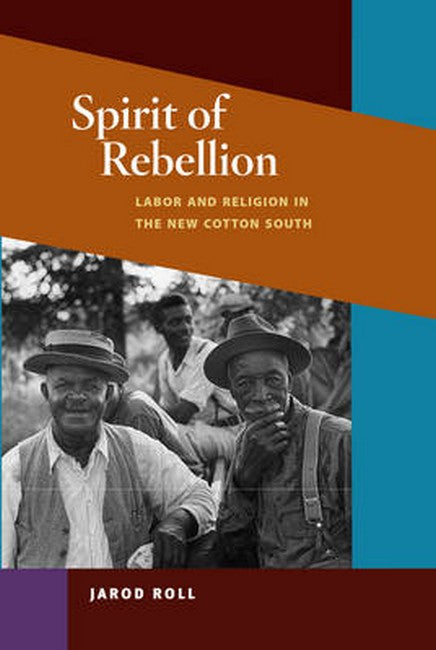Winner of the Herbert G. Gutman Prize from the Labor and Working-Class History Association.Crossing the color line with revivalism among working-class Southerners.In Spirit of Rebellion, Jarod Roll documents an alternative tradition of American protest by linking working-class political movements to grassroots religious revivals. He reveals how ordinary rural citizens in the south used available resources and their shared faith to defend their agrarian livelihoods amid the political and economic upheaval of the first half of the twentieth century. On the frontier of the New Cotton South in Missouri's Bootheel, the relationships between black and white farmers were complicated by racial tensions and bitter competition. Despite these divisions, workers found common ground as dissidents fighting for economic security, decent housing, and basic health, ultimately drawing on the democratic potential of evangelical religion to wage working-class revolts against commodity agriculture and the political forces that buoyed it. Roll convincingly shows how the moral clarity and spiritual vigor these working people found in the burgeoning Pentecostal revivals gave them the courage and fortitude to develop an expansive agenda of workers' rights by tapping into the powers of existing organizations such as the Socialist Party, the Universal Negro Improvement Association, the NAACP, and the interracial Southern Tenant Farmers' Union.''A terrific book. Roll's emphasis on agrarian protest as a labor struggle is refreshing and informative, and his reading of the religious terrain of this important social movement is pathbreaking. The engaging topic and intriguing characters make Spirit of Rebellion a must read for historians of labor, civil rights, social change, and rural societies.''--Ken Fones-Wolf, author of Glass Towns: Industry, Labor, and Political Economy in Appalachia, 1890-1930s

